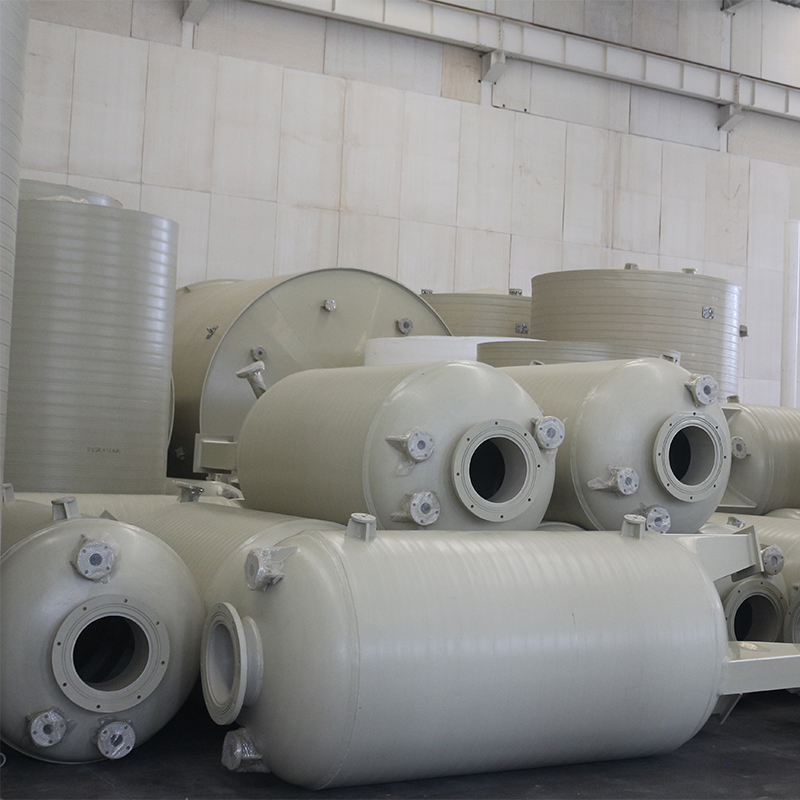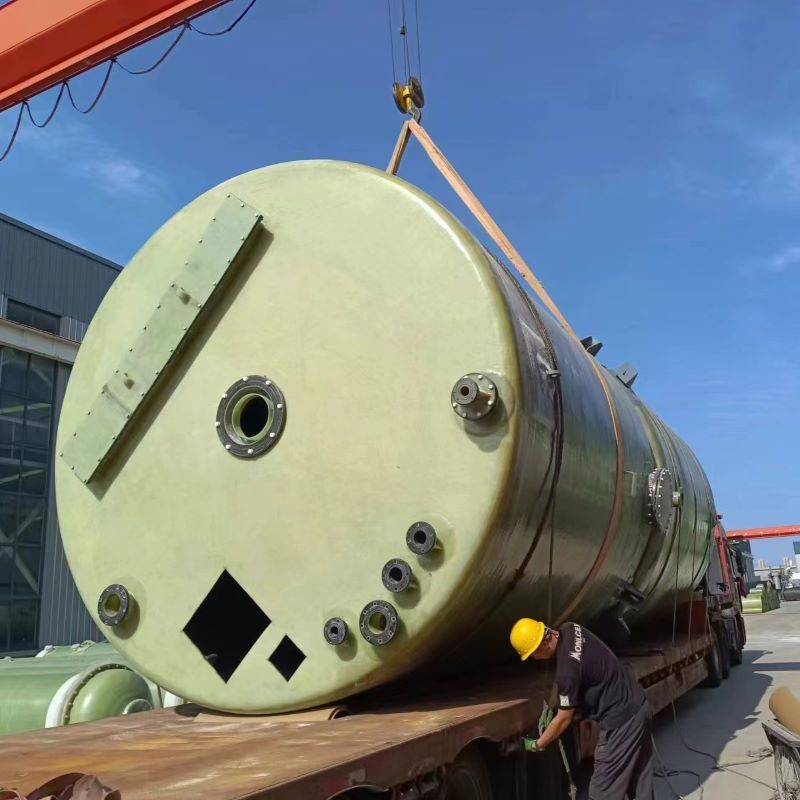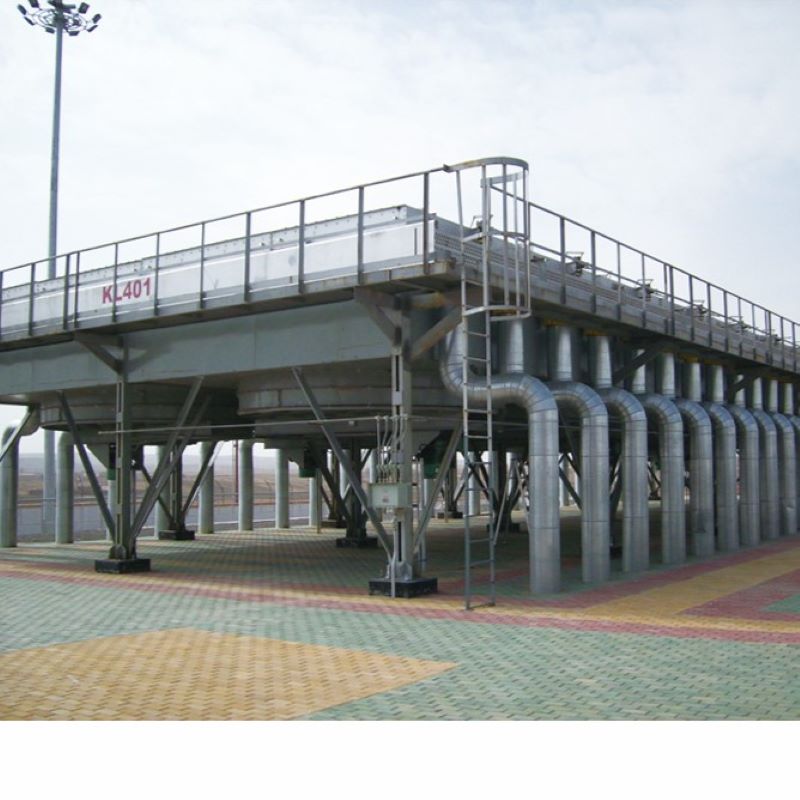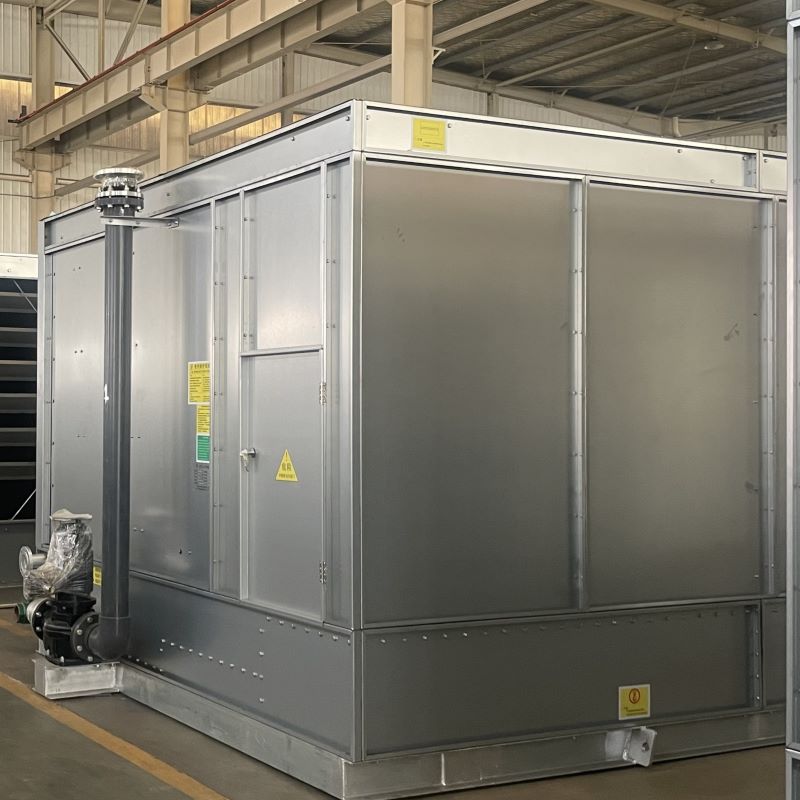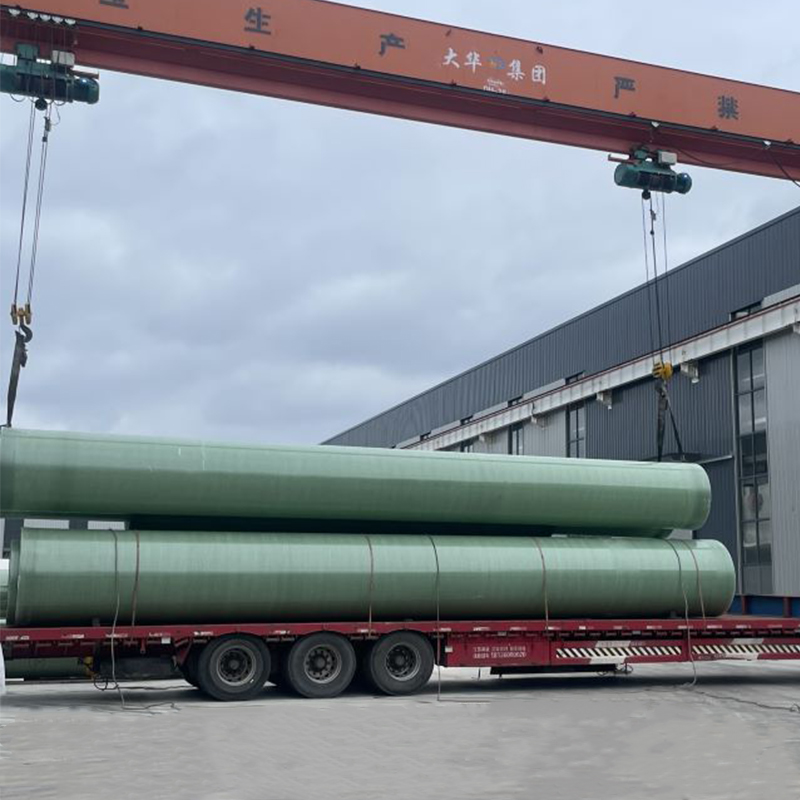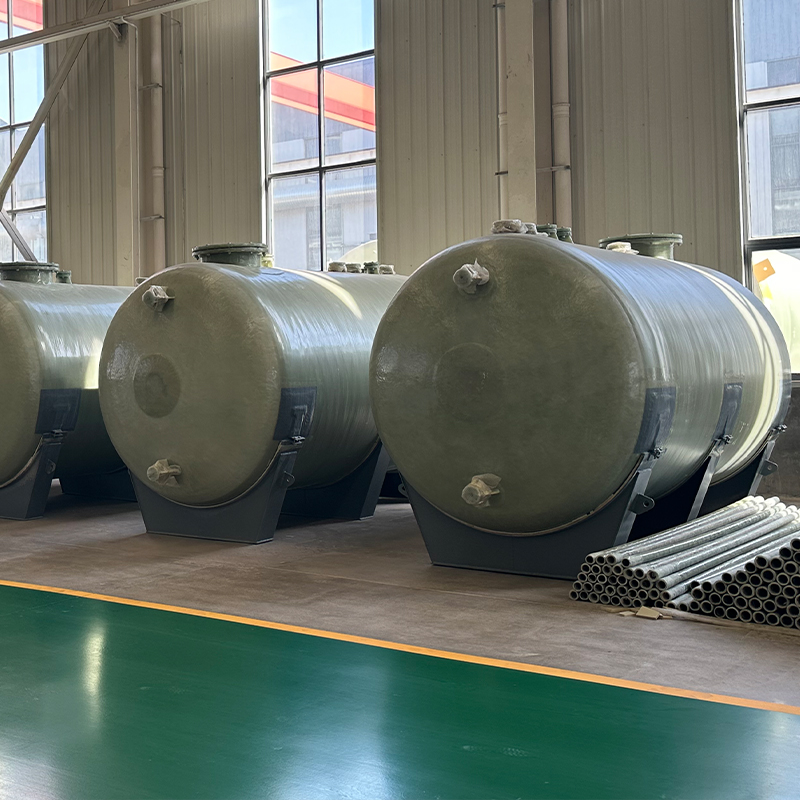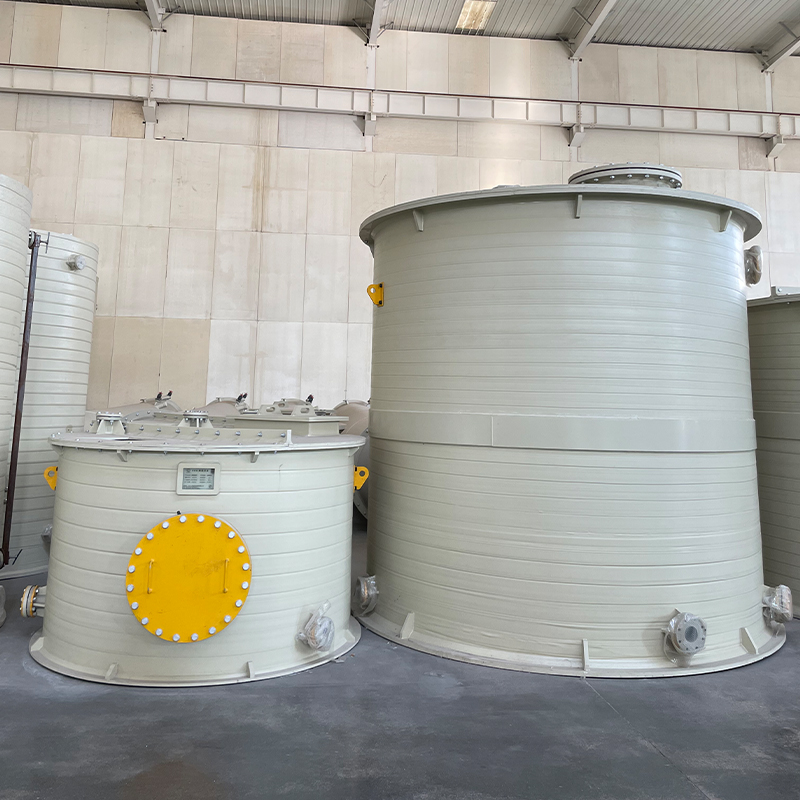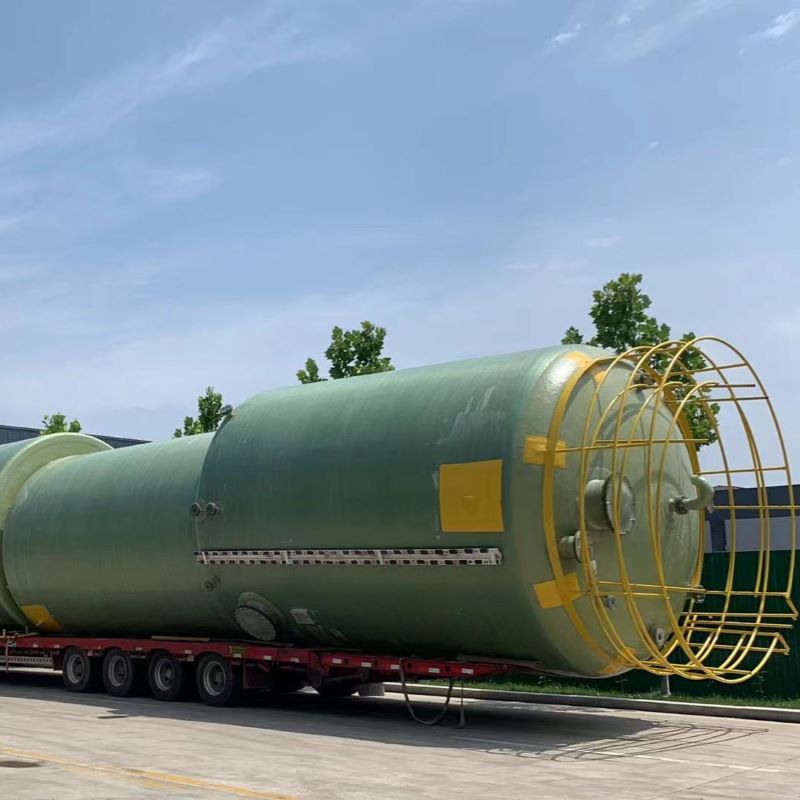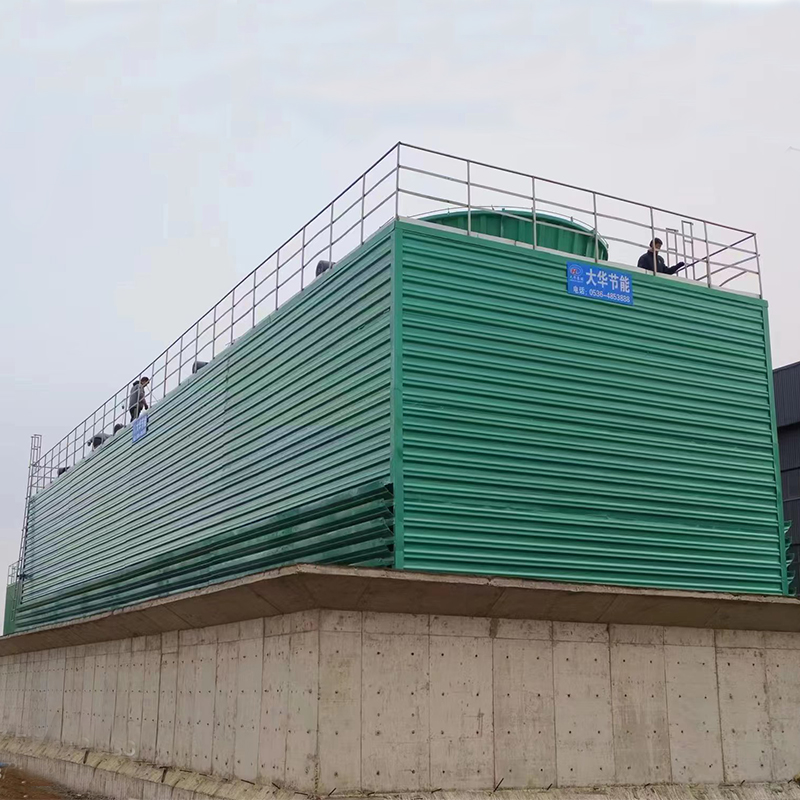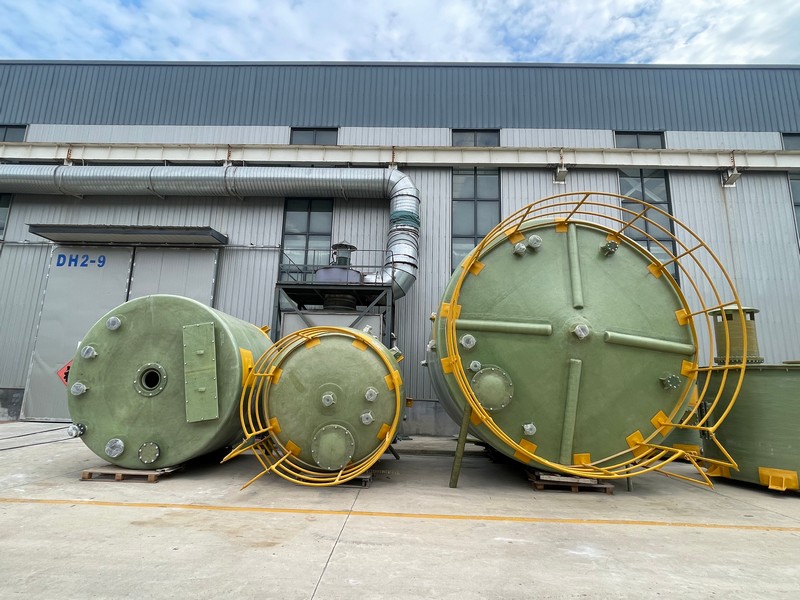
OEM Vertical FRP Storage Vessel Manufacturer
Understanding the Dynamics of OEM Vertical FRP Storage Vessel Manufacturers
In the bustling world of industrial manufacturing, OEM Vertical FRP Storage Vessel Manufacturers stand at the forefront of innovation. But what makes these manufacturers essential to various industries? Let's dive into the intricacies and realities behind the design and functionality of these vessels, debunking some myths and uncovering the expertise needed to thrive in this sector.
The Essentials of FRP Storage Vessels
Fiberglass Reinforced Plastic (FRP) storage vessels are not your everyday containers. They're the backbone of industries ranging from chemical processing to wastewater management. The allure lies in their corrosion resistance, which offers a significant advantage over traditional metal tanks. However, this isn't a universal fit. The specifics matter, and manufacturers must assess the substance being stored, its temperature, and other variables before recommending an FRP solution.
Experience is the best teacher. Witnessing firsthand how a minor oversight in the resin selection can lead to catastrophic failure highlights the delicate balance manufacturers must maintain. A local case involved an improperly specified resin blend that led to stress cracking. It was a costly mistake, but pivotal for understanding why attention to detail is critical.
Here, industry players like Dahuagroup play a critical role. Their expertise isn't just in fabrication; it's in understanding end-to-end requirements and customizing vessels to client specifications. More insights are available on their website: Dahuagroup.
Challenges in the Manufacturing Process
Producing a reliable FRP vessel is easier said than done. The process demands not just technical know-how but an astute understanding of materials. Take lamination, for instance, where precision is paramount. It's the core that determines the vessel's ability to withstand pressure and chemicals.
Another hurdle is aligning with regulatory standards, which isn't merely about compliance; it’s about ensuring safety and longevity. Manufacturers often face the puzzle of meeting stringent guidelines without inflating costs. This is where partnerships with experienced suppliers and ongoing staff training become non-negotiables.
Real stories from the field often engage more than plain data. I recall a tight deadline project with a major client. Despite minor hiccups in sourcing materials, open communication and teamwork were key in delivering within schedule without sacrificing quality—a testament to well-oiled manufacturing processes and adaptive project management.
Customized Solutions: A Vital Market Need
The success of an OEM Vertical FRP Storage Vessel Manufacturer hinges on customization. Standard solutions rarely offer the flexibility needed across diverse applications. Manufacturers must be adept at translating unique client needs into feasible designs.
Take a project for a large-scale biochemical processing plant. The challenge? Developing a vessel that could withstand fluctuating temperatures and aggressive chemicals. A tailored approach was imperative, incorporating specialized linings and reinforcements. Such projects underscore the significance of bespoke solutions and the ingenuity of experienced engineers.
Yet, customization isn’t just a technical challenge. It’s an opportunity to build trust with clients, demonstrating not only competence but commitment to meeting their demands. Successful manufacturers thrive by viewing each request as a chance to innovate and deepen customer relationships.
Quality Assurance and Testing
Quality assurance is the linchpin of successful manufacturing. Without rigorous testing, even the most robust designs are mere hypotheses. This phase is about validation, pushing vessels past their operational limits to predict performance and ensure safety.
In practice, this involves a series of tests—hydrostatic, mechanical, and chemical—that simulate real-world stresses. These results are invaluable, providing insights that inform future designs and prevent potential failures.
Interestingly, quality testing can sometimes yield unexpected insights. For instance, early signs of composite delamination under specific conditions prompted a rethink in resin mixing protocols. It’s a reminder that continuous learning and adaptation are central to maintaining high standards.
The Industry's Future: Trends and Innovation
Looking ahead, the role of advanced technologies in shaping the FRP manufacturing landscape cannot be overstated. From automated production systems to predictive maintenance using IoT, the industry is on the cusp of a technological renaissance.
However, technological advancements aren’t the sole focus. Sustainability is increasingly influencing decisions, with an emphasis on reducing environmental footprints and enhancing recyclability. Customers are no longer just buying a product; they're investing in a commitment to environmental responsibility.
For companies like Dahuagroup, staying at the cutting edge of innovation while aligning with eco-friendly practices is imperative. Their journey, chronicled on their website, speaks volumes of their dedication to both excellence and sustainability.
Соответствующая продукция
Соответствующая продукция
Самые продаваемые продукты
Самые продаваемые продуктыСвязанный поиск
Связанный поиск- China Vertical FRP Hydrochloric Acid Tank
- Vertical FRP Hydrochloric Acid Tank
- high quality Mannheim Furnace exit
- high quality Enclosed Closed-Circuit Cooling Tower product
- high quality FRP Ventilation Ducts price
- Best FRP Storage Vessel Manufacturer
- Best Potassium Sulfate Reaction Furnace price
- China FRP Composite Storage Tank Manufacturer supplier
- high quality evaporative cooler stand exit
- high quality FRP Container



